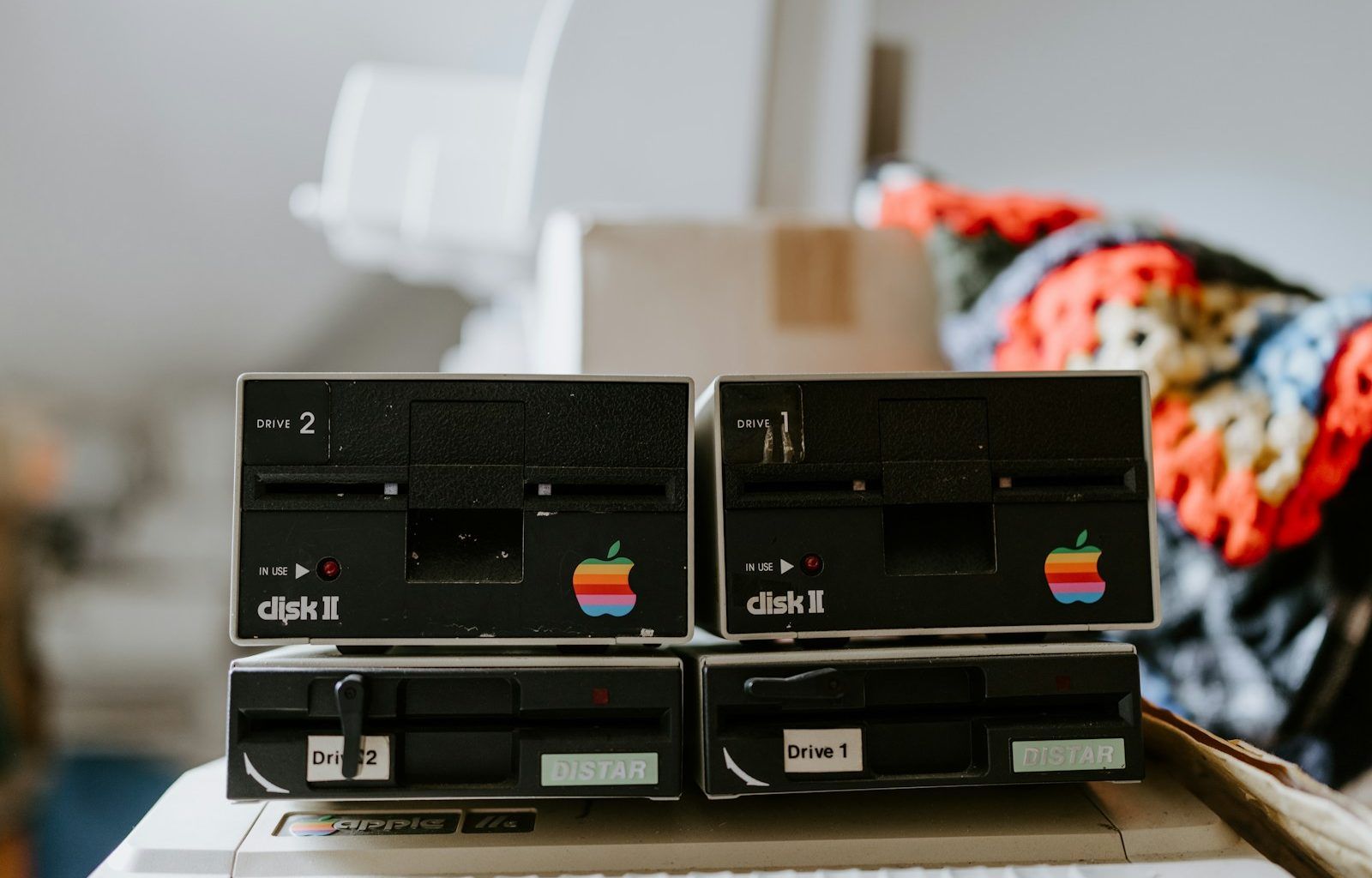The music industry is an ever-changing landscape, but some names stand tall and leave an indelible mark. One such name is Big Machine Records, a powerhouse that has consistently reshaped the musical world. From nurturing global superstars to delivering chart-topping hits, Big Machine Records has a story worth telling.
In this blog, we’ll explore the history, influence, and continued relevance of Big Machine Records. Whether you’re a music enthusiast or someone curious about the business behind the melodies, this journey will strike the right chord with you.
A Humble Beginning
Every success story has a starting point. For Big Machine Records, it began in 2005 when Scott Borchetta, a seasoned music executive, founded the label. With a vision to focus on artist development and a keen understanding of what listeners craved, Borchetta set out to create something unique.
Unlike larger record labels, Big Machine Records prioritized authenticity and creativity. Early on, the label became known for scouting fresh talent, giving artists the freedom to craft their sound, and building meaningful connections with their audiences.
The company’s small beginnings were anything but easy. In an industry dominated by giants, Big Machine Records had to fight tooth and nail to carve out its space. However, this underdog mentality became its strength. The label’s willingness to take risks soon paid off in ways no one could have predicted.
Launching Superstars: Big Machine’s Big Break
One of the earliest milestones for Big Machine Records was discovering and launching Taylor Swift. At just 15 years old, Swift was brimming with talent and potential, but she needed a platform to amplify her voice.
Under Big Machine’s guidance, Taylor released her self-titled debut album in 2006. It wasn’t just a success—it was a phenomenon. Tracks like “Tim McGraw” and “Teardrops on My Guitar” resonated deeply with audiences, signaling the arrival of a new star.
Taylor Swift’s journey with Big Machine Records epitomized what the label stood for: nurturing raw talent and turning it into something extraordinary. This success story set the tone for what was to come.
Expanding the Roster
Success breeds success. Following the breakthrough with Swift, Big Machine Records began attracting more talented artists. Over the years, the label has worked with some of the biggest names in the industry, including Rascal Flatts, Reba McEntire, and Florida Georgia Line.
The label’s ability to diversify its roster while staying true to its core values made it a magnet for talent. Whether it was country, pop, or a blend of genres, Big Machine Records proved it had an ear for hits.
The Power of Independence
Unlike some labels that are subsidiaries of larger corporations, Big Machine Records has always operated with a spirit of independence. This autonomy allowed the company to make bold moves without being tied down by bureaucracy.
For instance, the label was one of the first to recognize the potential of digital streaming platforms. While some in the industry hesitated, Big Machine embraced the change, ensuring their artists’ music reached global audiences with ease.
Controversies and Challenges
No journey is without its hurdles, and Big Machine Records has faced its fair share. Perhaps the most publicized challenge came with the Taylor Swift masters controversy.
When the label sold its catalog, including Swift’s early recordings, it sparked debates about artist ownership and control. While the controversy was widely discussed, it also highlighted the importance of transparency and fairness in the music business.
Despite these challenges, Big Machine Records remained committed to its mission. The label used these moments as learning opportunities, refining its approach to artist relations and business ethics.
Connecting with Fans
A key part of Big Machine Records’ success lies in its connection with fans. The label understands that music isn’t just about sound—it’s about emotion, memories, and shared experiences.
Through creative marketing campaigns, social media engagement, and live events, Big Machine Records has consistently kept its audience at the forefront. This dedication to fans has not only bolstered the label’s reputation but also deepened the bond between artists and listeners.
A Vision for the Future
The music industry is evolving faster than ever, but Big Machine Records has shown it’s more than ready to adapt. The label continues to explore new technologies, from virtual concerts to blockchain solutions for artists.
Additionally, Big Machine Records remains committed to discovering fresh talent. By mentoring new voices and amplifying underrepresented communities, the label ensures its legacy is not just one of success, but also of inclusivity and innovation.
Conclusion: The Legacy of Big Machine Records
From its humble beginnings to its status as a music industry powerhouse, Big Machine Record has come a long way. Its story is one of perseverance, innovation, and a relentless passion for music.
Big Machine Record isn’t just a label—it’s a cultural phenomenon that has touched the lives of millions. As it continues to grow and evolve, one thing is clear: the world of music is better with Big Machine Record in it.
For further reading, explore these related articles:
- Sony Music Artists: A Journey Through Musical Excellence
- Find Song by Humming on iPhone – A Step-by-Step Guide
For additional resources on music marketing and distribution, visit DMT Records Private Limited.






